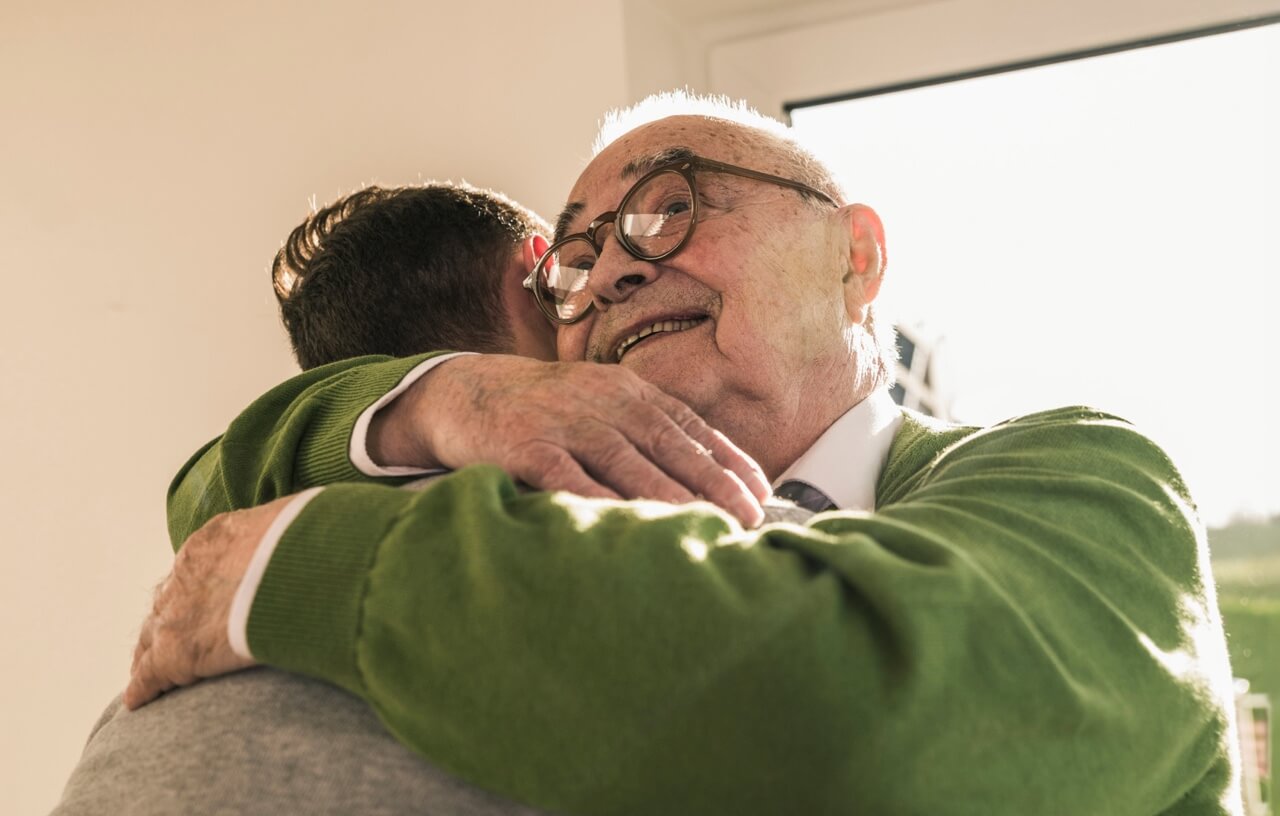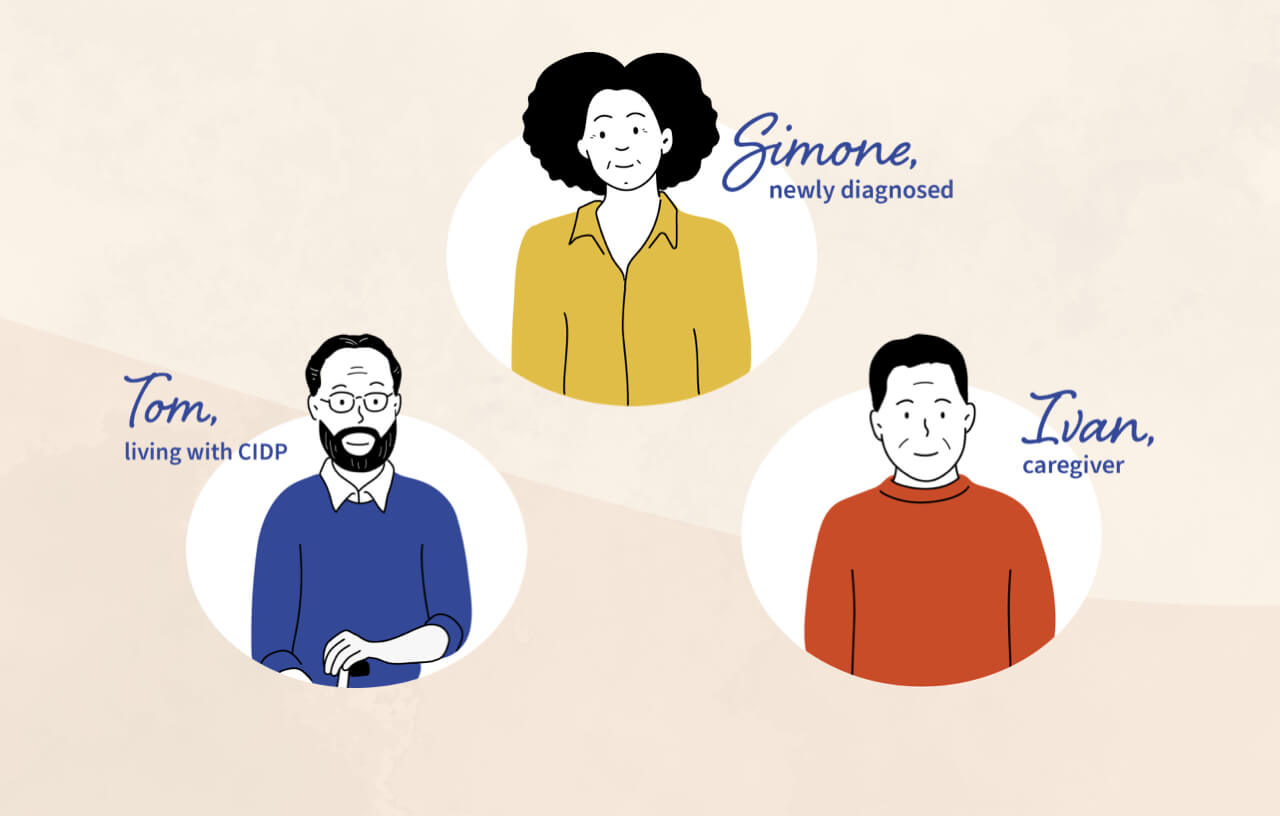Caring for someone with CIDP (chronic inflammatory demyelinating polyneuropathy) can feel overwhelming and may leave you with little to no time and energy to care for yourself. As a caregiver, developing strong self-care habits can be beneficial to finding a healthy balance. By doing so, not only may you feel more at ease, you may also develop an even greater capacity to help your loved one. Whether you’re a spouse, partner, friend, or family member, here are some helpful tips that may help you better take care of yourself as you take care of someone with CIDP.
02. Make time to do things you enjoy
It’s important to give yourself time to get away from all the demands of your life and just do something for you—something you really enjoy. Maybe it’s playing an instrument, watching a favorite show, or taking a painting class. Even short, pleasurable breaks may go a long way in lifting your spirits and giving you more energy.
03. Communicate openly and compassionately with your loved one
Give each other room to express your feelings. But understand that many people with CIDP may already feel guilty about how their condition has affected you and others. Consider being as kind as possible, and do your best to avoid hurting one another. Some people with CIDP have even found that the condition has brought them closer to their loved ones.
05. Reach out to friends and family for help
When responsibilities start piling up, don’t be afraid to ask others for help. More people than you realize may want to lend a hand, but they might not know how unless you ask them. Perhaps a friend or family member may help support you and can drive your loved one to the infusion center. Or maybe a neighbor can mow your lawn when you don’t have the time. There’s satisfaction to be found in supporting others, so it never hurts to ask for help.
06. Redefine roles and responsibilities
While your partner or loved one with CIDP may not be capable of doing everything they used to, they likely still want to contribute. Together, reevaluate daily responsibilities and rethink who does what. Your loved one could take on tasks that require less physical energy or are easier for them to complete. This may help free you up to do the chores that your partner can’t handle physically. When your loved one can no longer do a chore or activity, try to be supportive, understanding it’s likely not by choice.
08. Don’t sweat the small stuff
It’s impossible to do everything, let alone do everything well. Separate your to-do list into “must-dos” and “can-waits,” and reduce stress by easing up on your standards a little and giving yourself grace. Choose your battles. Does it really matter that you pick up groceries for the week for yourself or your loved one? Yes. Is it the end of the world that you didn’t spend as much time cleaning the bathroom as you wanted to? Probably not. Figure out your limits of what needs to be done and prioritize accordingly. It’s different for each of us.
10. Exercise tips for stress
Whether it’s taking a walk, going to the gym, or doing some gardening, regular exercise can be helpful to reducing stress. Find something you enjoy that keeps you moving and try to make it part of your daily routine. It can also be a shared activity that you do together with family and friends.









